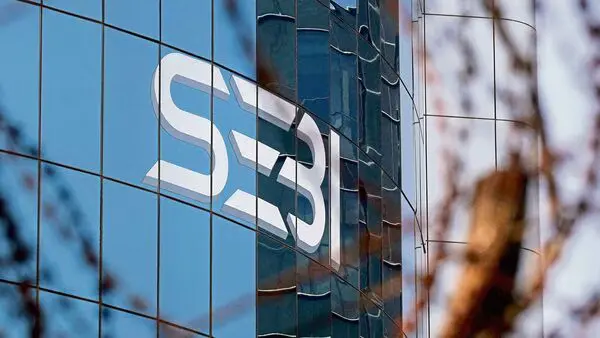Sebi Proposes Stricter Governance for Stock Exchanges, Clearing Corporations, and Depositories
In a move aimed at reinforcing accountability and public-interest orientation within key market institutions, the Securities and Exchange Board of India (Sebi) has introduced a set of proposals to tighten governance norms for stock exchanges, clearing corporations, and depositories. Outlined in a consultation paper released on Tuesday, the proposed reforms focus on strengthening the oversight of Market Infrastructure Institutions (MIIs), which have witnessed a significant rise in trading volumes, investor participation, and profitability in recent years. Sebi emphasized that while MIIs have evolved into financially robust entities, their public-interest responsibilities must be prioritized over commercial gains. The key suggestions cover three broad areas: Mandatory Executive Directors: Sebi has proposed the compulsory appointment of at least two executive directors (EDs) on the boards of MIIs. These directors would be responsible for critical functions including trading operations, clearing and settlement, compliance, risk oversight, and investor grievance management. They would be designated as key management personnel (KMPs), with authority on par with the managing director (MD). Institutions can optionally appoint a third ED to focus on business development. Defined Roles for Key Officers: The regulator aims to formally codify the duties of the MD, EDs, and other senior officers such as the chief technology officer (CTO) and chief information security officer (CISO). At present, these responsibilities are either informally assigned or spread across departments, leading to potential governance gaps. Restrictions on Board Memberships: To avoid conflicts of interest and strengthen focus, Sebi proposes that MDs of MIIs should not serve on boards of any commercial entities, barring unlisted government-owned organizations involved in non-commercial activities. EDs would be restricted to board positions only within MII subsidiaries. This approach aligns with similar governance rules applied in the banking sector. Legal experts have weighed in on the potential impact of these recommendations. Diviay Chadha, Partner at Singhania & Co., said the proposals underline the need for fixed accountability within MIIs, especially given the rapid increase in retail investors. He added that the institutions would likely need to revise their corporate governance structures and charter documents to meet the new standards. However, some industry observers raised concerns about possible unintended consequences. Akshaya Bhansali, Partner at Mindspright Legal, noted that while the move to restrict EDs from serving on unrelated boards is intended to ensure accountability, it may inadvertently reduce the pool of experienced independent directors available to other listed companies. These recommendations arrive at a pivotal juncture as Sebi continues its evaluation of the National Stock Exchange’s (NSE) pending IPO, originally proposed in 2016. In its February communication with NSE, Sebi reiterated the need for a deep-rooted culture of prioritizing public interest over profits at the operational level. Bhansali clarified that although these proposed governance norms are not specifically targeted at NSE, they could become informal benchmarks or implicit prerequisites for regulatory approvals if not explicitly decoupled from the IPO review process. Sebi has invited stakeholders and the public to submit feedback on the proposals by 15 July 2025. Source: Mint



